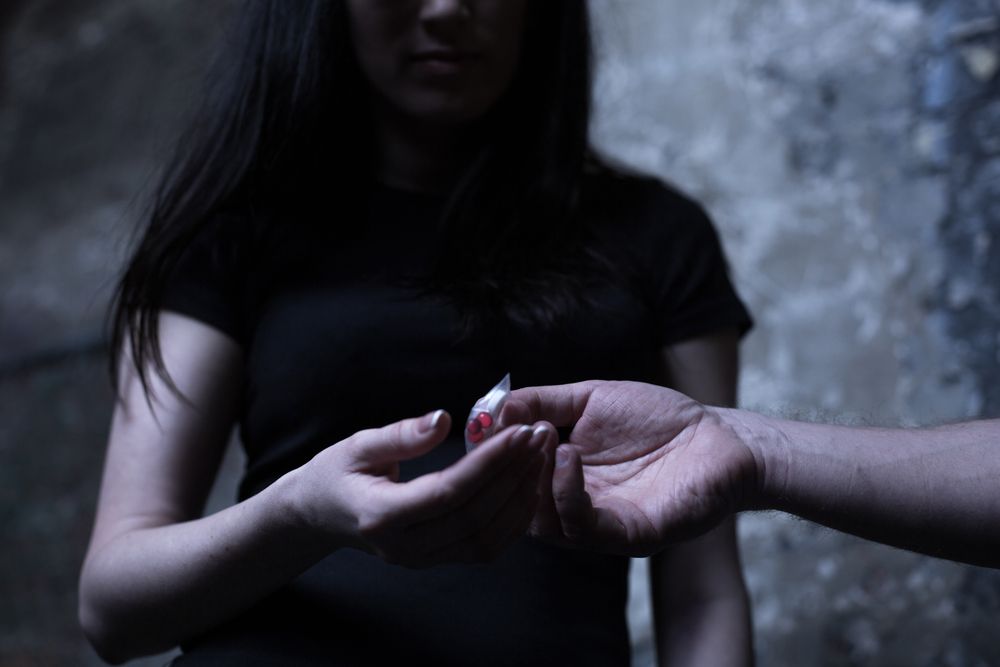
Have you been accused of a drug offence in Victoria? If convicted, these offences have serious and lasting consequences concerning your job, relationships, licence, and your liberty, so it is important to understand where to go from here.
This article will boost your knowledge of the types of drug offences, their legal implications, and how a drug offence lawyer can support you. After all, the law concerning illegal drugs is complicated and highly technical, so how can a criminal lawyer help?
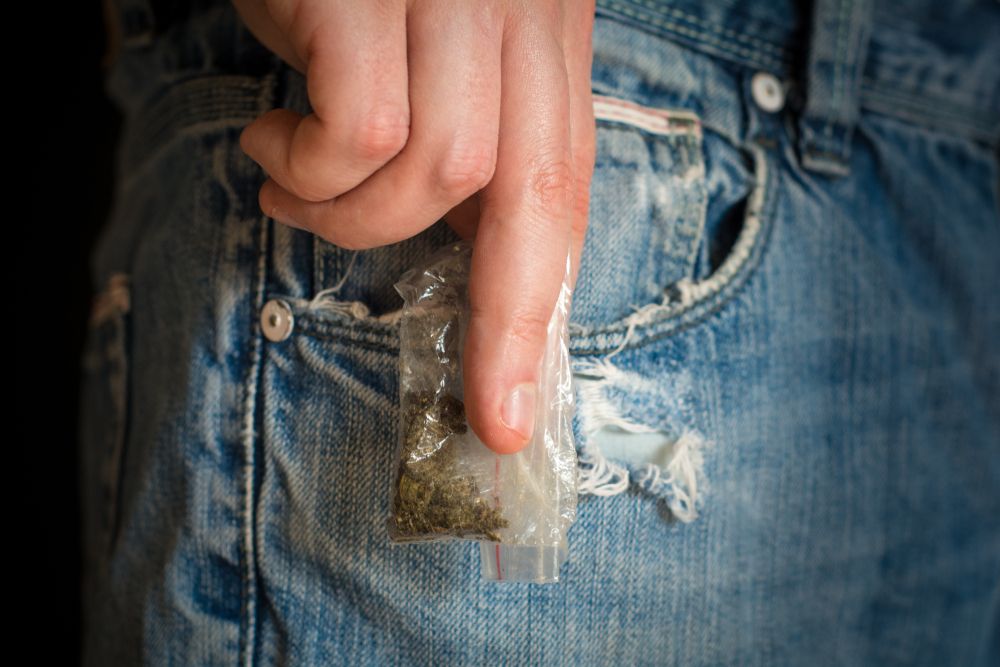
What are the relevant laws for drug offences in Victoria? These are derived from two main sources.
The other law that regulates drugs in Victoria is:
These three pieces of legislation create the state, federal, and extra-territorial drug offence laws. What do the state laws cover? The term “drug” refers to a drug of dependence, and you can read more in section 4(1) and Schedule 11 of the DPCS Act.
It is also critical to note that amendments to the DPCS Act in 2017 added synthetic cannabis and other synthetic substances to the list of drugs of dependence, as well as ‘analogues’ of drugs. Overall, the DPCS creates these categories of drug offences: use, possession, cultivation, and trafficking.
Possession means to have a drug on you (such as in your purse), in your home, or in a vehicle you own or occupy. It is an indictable offence under section 73 of the DPCS Act, and under common law, a person is in possession of a drug if they have physical control or custody of the drug.
For example, possessing cannabis without a prescription is illegal, and this includes synthetic or home-grown. Penalties for possession (50 grams or less) of cannabis that is not related to trafficking is no more than 5 pu.
Use is an offence. In section 70(1) of the DPCS Act, ‘use’ means to smoke, inhale the fumes of, or introduce a drug of dependence into a person’s body. This is a summary offence (s 75 DPCS Act); using any other drug that isn’t cannabis carries a maximum penalty and even a fine of up to 30 pu, imprisonment for one year, or both.
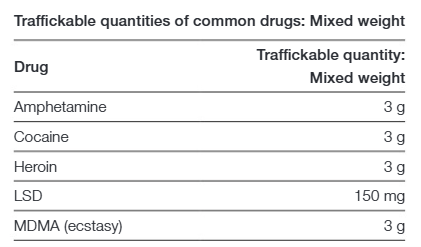
Trafficking requires at least an activity performed in a commercial setting and contact between the alleged trafficker and at least one other person.
This offence includes selling in the ordinary sense and may be proved by direct evidence inference, or a confession to the police. Penalties can be up to 15 years imprisonment.
Cultivation of a non-commercial amount of a narcotic plant is an indictable offence triable summarily. This includes the cutting of a plant, whether or not it has roots, such as cannabis, opium poppy, or the coca plant.
Penalties are no more than 20 pu or imprisonment for no more than one year, or both if it is not related to trafficking.
In 2016 and 2017, recent state offences were established in the DCPS Act, such as:
To learn more about drug offences in Victoria, have a read of what types of drug charges are most common.
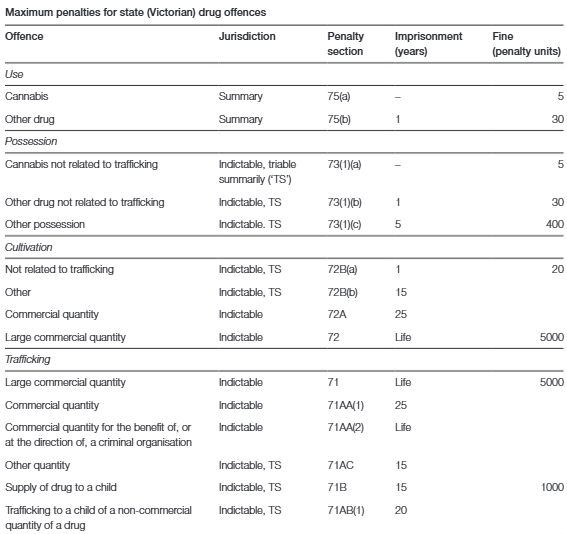
Being charged with a drug offence in Victoria can lead to various legal outcomes:
Can you appeal the Magistrates decision? Yes. If you do not agree with the decision you can appeal to the County Court, and you have 28 days to do this. However, finding trustworthy legal advice is vital, as going it alone could get you a higher penalty.
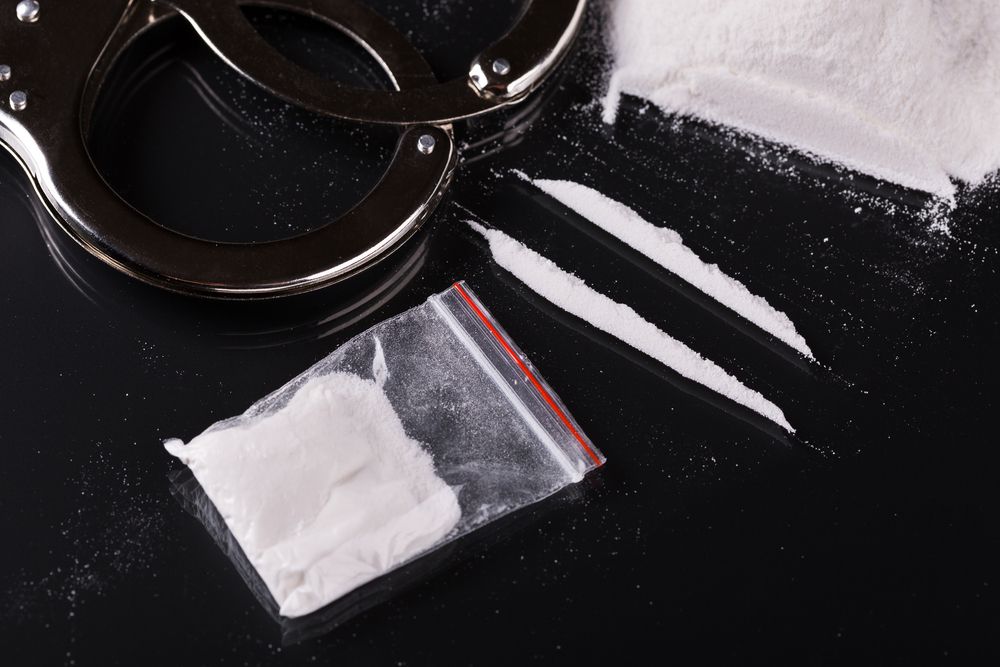
The legal system is complex (and often changing) so engaging an experienced drug offence lawyer in Melbourne can make it easier to understand the legal system.
What is the role of a lawyer? As well as being a strong representative of you in court and working to achieve a positive outcome, responsibilities include:
There are two types of hearing processes. A summary hearing, which is a final determination before a magistrate with a right of appeal to a County Court judge, and an indictable hearing, a trial or indictment before a County or Supreme Court judge and jury, generally following a committal proceeding.
The lawyer you pick will affect the outcome of your case, so you need to choose wisely! How do you know if a drug offence lawyer will defend you properly?
Look for a lawyer with experience in handling drug-related cases and a good reputation within the legal community. You may also be wondering if you need a lawyer if you are just pleading guilty. There is nothing stopping you giving it a go, but you may not like the results!
Courts have a range of sentencing options and the only way to achieve the best outcome for you is to hire a competent criminal lawyer. A lawyer may also be able to advise you of a defence, or help you avoid a criminal record through diversion.
Discuss the lawyer’s fees upfront to ensure they are transparent and within your budget. Some lawyers may offer initial consultations at a reduced rate or for free. Many lawyers offer a free initial consultation and are available 24/7 if you have been arrested.
If police want to speak with you regarding an alleged crime, talk to a criminal lawyer. They can give you advice on your rights prior to a police interview. Depending on how serious the charge is, they may need to start arranging a bail application.
Effective communication and a trustworthy relationship are vital. Ensure the lawyer listens to your concerns, explains legal processes clearly, and keeps you informed throughout the proceedings.
If you have just been charged, police have to provide you or your lawyer with what’s called a brief of evidence. This is a document containing a description of the allegations against you, witness statements and photographs.
You are presumed innocent and the police must prove your guilt. Whether they can prove it depends on what’s in the brief. After reading the brief a lawyer can explain the evidence against you and whether you have a defence. They can also advise you of likely sentences if you’re found guilty.
Our client was charged with trafficking a commercial quantity of the drug 1,4 butanediol. Police searched her home and located several bottles of the drug in a safe.
After analysis the drugs were found to weigh 2.1kg, a commercial quantity is 2kg. A finding of guilt for that charge would have to be heard in the County Court and would have likely involved a significant term of imprisonment.
Our client came to us from another law firm who had advised her to plead guilty to the charge. We argued to the prosecution that our client may not have known there was over 2kg of the drug and therefore did not have the intent to traffick a commercial quantity.
The prosecution accepted our argument and withdrew commercial quantities, and our client pleaded guilty to just trafficking and was sentenced in the Magistrates’ Court to a Community Corrections Order.
Compassionate and professional, May Lawyers offers legal advice that you can always trust with advocacy work that saves you the cost of a Barrister. With years of experience, we have the legal expertise and dedication needed to get you the result you want.
There is almost nothing more stressful than being accused of something you didn’t do. But thankfully, May Lawyers understand the disputes facing you, your family, or your business.
Whether you require a criminal lawyer in Preston, Box Hill, Dallas, Croydon, Craigieburn, Ringwood, Heidelberg, Fairfield, Sunshine, Windsor or Moorabbin, we’ll be in your corner. As a graduate of The University of Western Australia, Will May brings over a decade of experience in criminal law and is one of the few recognised by the Law Institute of Victoria as an Accredited Specialist in that field.
For bail applications, drug offences, traffic offences, criminal trials, or assault & violence help, contact us today for a free case evaluation at 0415 582 404 or email will@maylawyers.com.au.